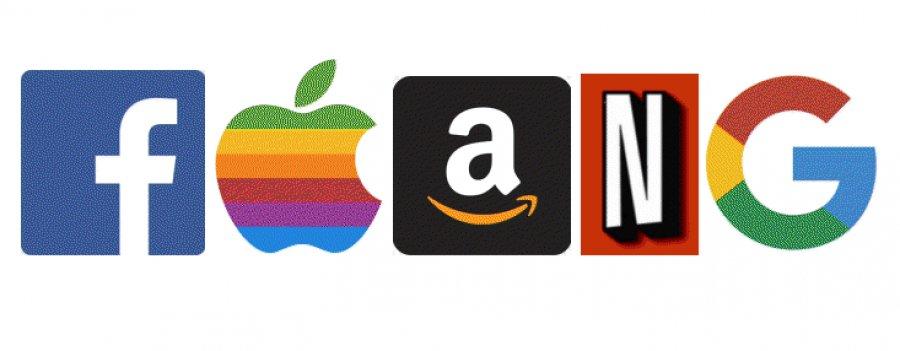
Don’t let two bad seeds ruin your obsession for some FAANG stock components.
Facebook just had its version of Black Monday. The social media giant posted lower than expected user growth in the second quarter, prompting panic from a market obsessed with red-hot FAANG stocks. On Thursday, The Facebook had the single worst day in stock market history, shaving off over $120 billion from its market cap as the tech bellwether’s stock dropped over 20%.
Facebook wasn’t the only high-growth (but slowing…) tech stock to tumble, however. It took the rest of FAANG down with it. Even Alphabet, which had posted earnings that handily beat the day before, dove into the red.
“I think of the FAANG stocks as a game of great expectations. Facebook’s earnings announcement marked a break in those expectations,” said Joe Smith, senior market strategist for CLS Investments.
But why should one company’s borderline mess take down the others, especially if they aren’t the same type of company? Isn’t that just silly?
“These companies are very richly valued and I think…It’s because people thought that the growth that we’ve seen will continue indefinitely and I think that in the past couple of months we’ve seen both Netflix and Facebook stumble a bit and the real question is ‘Is that going to hit the confidence level in the FAANG stocks and in the market as a whole?’ I don’t think it has yet but it’s continuing to chip away at it,” said Brad McMillan, Chief Investment Officer for Commonwealth Financial Network.
McMillan has an optimistic outlook on the FAANG stocks and thinks the stocks should not be correlated.
“There’s a perception that they’re interconnected, but if you look at Facebook and Netflix, the two that have stumbled, those are content companies whereas Alphabet or Amazon are infrastructure companies. Google and Amazon are toll takers,” said McMillan. “They don’t have to compete; they just take a piece of what everybody else does and the consistency from there as opposed to the vulnerability of the content companies.”
Just because the companies are grouped together doesn’t mean that they should have a domino effect when one stumbles. “The interconnectedness of these companies is baked into how they are perceived and what they represent but we may start to see variations in their performance,” said Smith.
Stephen Lee, founding principle of Logan Capital Management, doesn’t think that the interconnectedness is necessarily an issue for investors. “We see this pattern of a little bit of a penalty for investment and it giving people pause on the stock, but when these things work you get a pretty good reward.”
The de-coupling of FAANG may have already begun: the market nicely rewarded Amazon for its eye-popping second quarter earnings beat.

